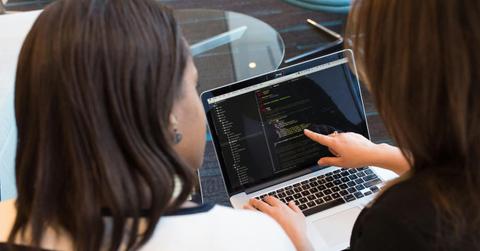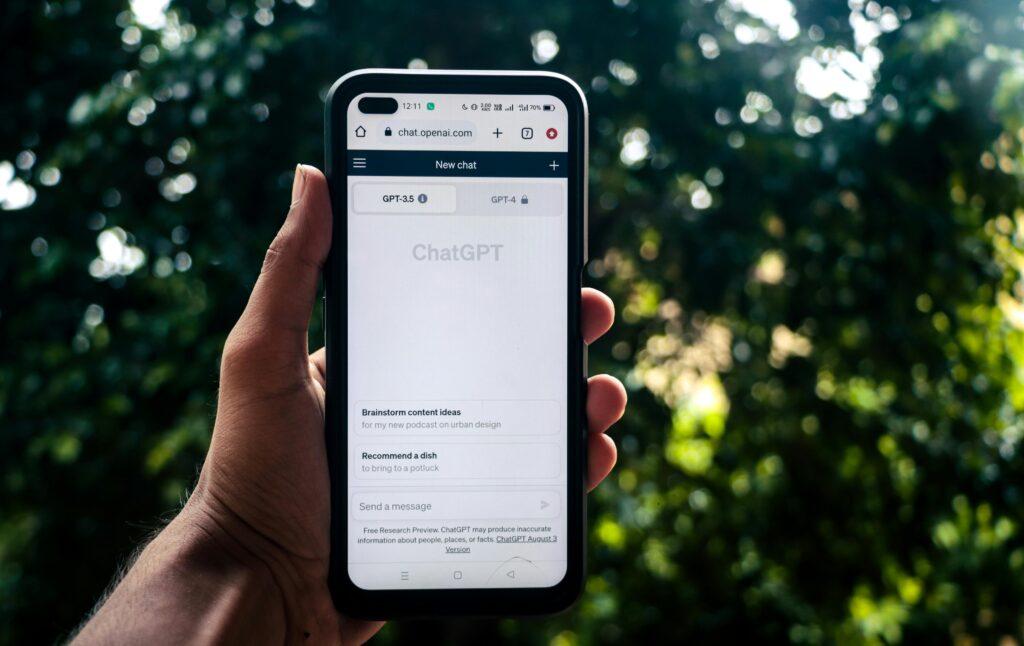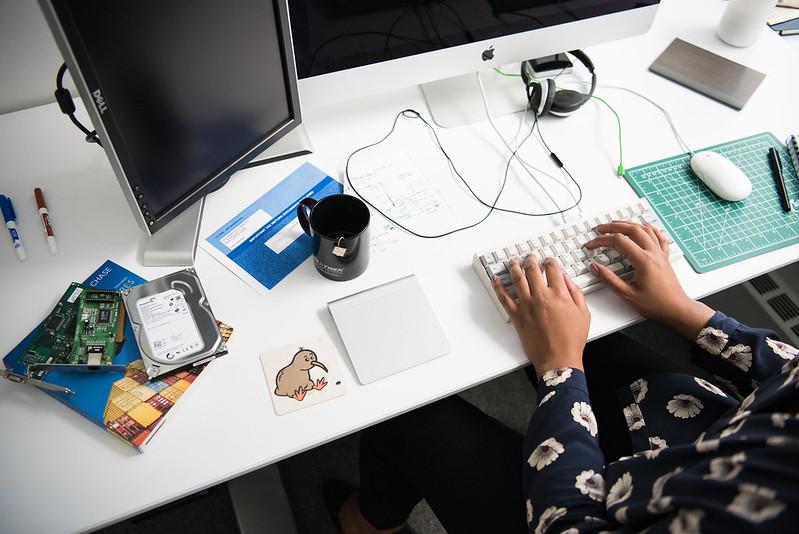Scenarios Where ChatGPT And AI Are Not Your Friends At Work

Artificial intelligence (AI) is becoming more and more popular as platforms like ChatGPT have revolutionized how people find and present information. However, this new technology can also have negative implications in the workplace.
According to TechTarget ChatGPT (and similar platforms) is “an artificial intelligence chatbot that uses natural language processing to create humanlike conversational dialogue.” While ChatGPT is an excellent tool for writer’s block, social media posts, and workplace correspondence, it poses a new ethical hurdle.
If you use AI on the job or are thinking about adding it to your list of work resources, there may be some scenarios in which AI use is not appropriate.
1. You Work At A Company Where Cybersecurity Is Vital.
Personal use of ChatGPT and AI doesn’t necessarily pose a threat to your daily life. However, if privacy and security are significant parts of your job, you may want to avoid using the platform. Xiaoyin Shen, a lawyer and social entrepreneur, says that AI platforms utilize the information we input to improve how they function, but store data to use later.
“It is dangerous to assume that your secrets are safe when the AI is in fact processing and learning from your data, and may potentially use them in ways you never know,” Shen wrote for LinkedIn.
Sensitive and confidential information is unsafe with AI and can cause a future leak, putting you, your coworkers, and your clients at risk.

2. Your Job Requires Accurate Information.
While AI is advanced far beyond the average person’s understanding, it still has room for mistakes. ChatGPT uses its technology to scour online sources quickly; unfortunately, it sometimes presents wrong information. If your career requires accurate information (education, journalism, marketing, advertising, communications, etc.), you may want to limit your use of AI.
Shen suggests fact-checking the responses the platform provides. However, she also states it may be quicker to do your own research.
3. Personality Is Key To Success.
While ChatGPT describes itself as a humanlike language model, technology has a long way to go before claiming the ability to be personable on its list of accomplishments. If you are in a front-facing career and deal with people, clients, and customers, utilizing AI may prove more difficult.
Many business outlets, including Zero Gravity Marketing, cite a lack of feeling and emotion as an issue with AI platforms. The edits ChatGPT require make doing your own research and writing a faster process.

4. Your Company Wants To Own Its Content.
With the rise of AI, intellectual property has become a vital part of “AI in workplace” discussions. Before platforms like ChatGPT, when humans created content, it was then owned by the company that published it. Now, AI has muddied the understanding of copyright laws.
According to the Intellectual Property Helpdesk, ChatGPT claims not to own the content it presents.
“I do not own the content that I generate,” the platform states. “I am a machine learning model developed and owned by OpenAI, and the content generated by me is subject to OpenAI’s license and terms of use.”
However, Heffernan Insurance Brokers report that content and photos created by AI can not be copyrighted — at all. For companies that create content, this can be an issue as they try to protect their assets.
If these scenarios do not directly apply to you and you’d like to utilize an AI platform at work, be sure to look at your company’s policies. While it may not seemingly cause harm, your company may restrict or ban the use of such platforms.






